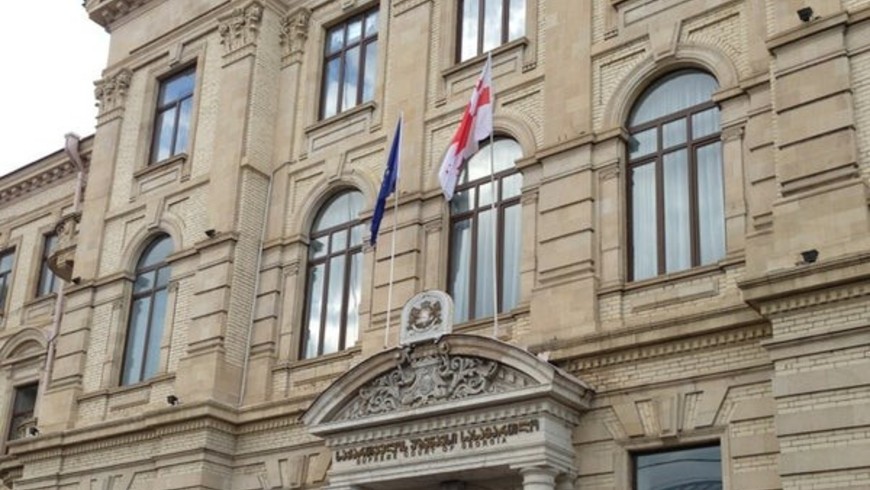On 18 and 19 February 2020, the CEPEJ Secretariat, accompanied by a group of international experts, will organise a fact finding visit to Georgia in order to introduce the new CEPEJ project in Georgiaand the work of CEPEJ to the main beneficiaries and partners (High Council of Justice, Ministry of Justice, Supreme Court, High School of Justice, Tbilisi City Court, Tbilisi Court of Appeals). The Project started on 1st January 2020 and will end in November 2021. This visit will also be the opportunity to discuss with the national authorities and partners to better respond to their needs and to meet the Delegation of the European Union in Georgia and other actors working in the field of judiciary (representatives of NGO).
The main objectives of the Project are to assist the Georgian authorities to reduce judicial delays and backlogs in courts, strengthen data and judicial statistics collection for courts, case management and judicial services by providing practical advises, tools and methodology and to improve judicial training and court management by working at the levels of the High School of Justice and courts.
The activity will take place in the framework of the Joint EU/CoE project “Enhancing the accountability and the efficiency of the judicial system and the professionalism of lawyers” which is a part of the Partnership for Good Governance 2019-2021 (PGGII) financed by the European Union and the Council of Europe and implemented by the Council of Europe.





